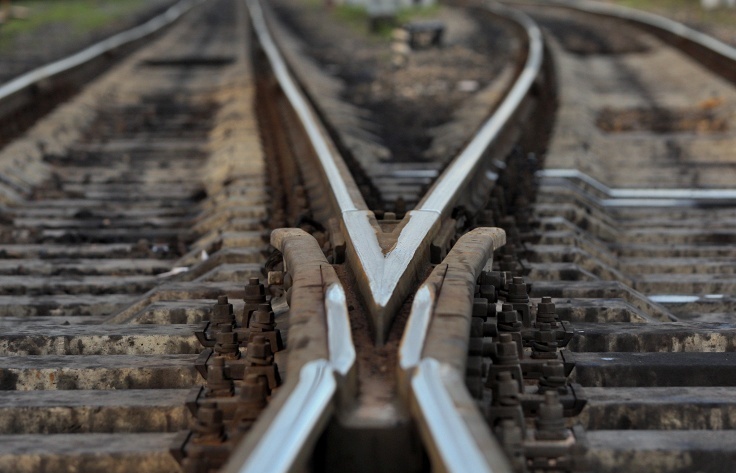
The Russian Railways company (RZD) is not satisfied with cooperation terms for the construction of Russia’s high-speed railway (HSR) Moscow-Kazan suggested by the German Initiative consortium, RZD vice-president for high-speed railway development said on Tuesday.
“The German Initiative offered a memorandum of cooperation and equipment import investment,” Alexander Misharin told TASS. “We are analysing the proposals, but their equipment supply funding offers do not satisfy us.”
The Russian Railways official noted that the prices for some equipment were too high. “Moreover we cooperate with Chinese counterparts who have the same equipment for more appropriate prices,” Misharin said.
While citing president and CEO of Siemens in Russia and Central Asia, vice-president of Siemens AG Dietrich Moeller, TASS reported earlier that the German Initiative – a German consortium led by Siemens – may join the Russian high-speed railway project as a co-investor along with Chinese investors.
According to Moeller, the amounts of funding previously agreed with China would not be sufficient for the entire project. He said the consortium is considering co-funding the project in one of its segments, rolling stock supplies. Other possible areas in which Siemens might be interested are signaling, traffic control and power supply systems.
He said the company is prepared to offer new generation of Sapsan trains which could be produced at a JV plant with Sinara.
Currently, Siemens is partnering with Sinara on building rolling stock for Russian Railways. The JV plant Ural Locomotives is building freight locomotives and Lastochka EMUs.
Russia’s first Moscow-Kazan HSR is estimated to cost 1.068 trillion roubles ($17 billion). The length of the route will be about 770 km. With trains running at the speed of up to 400 km/h the travel time on the route from Moscow to Kazan will be reduced to 3.5 hours from current 14 hours.